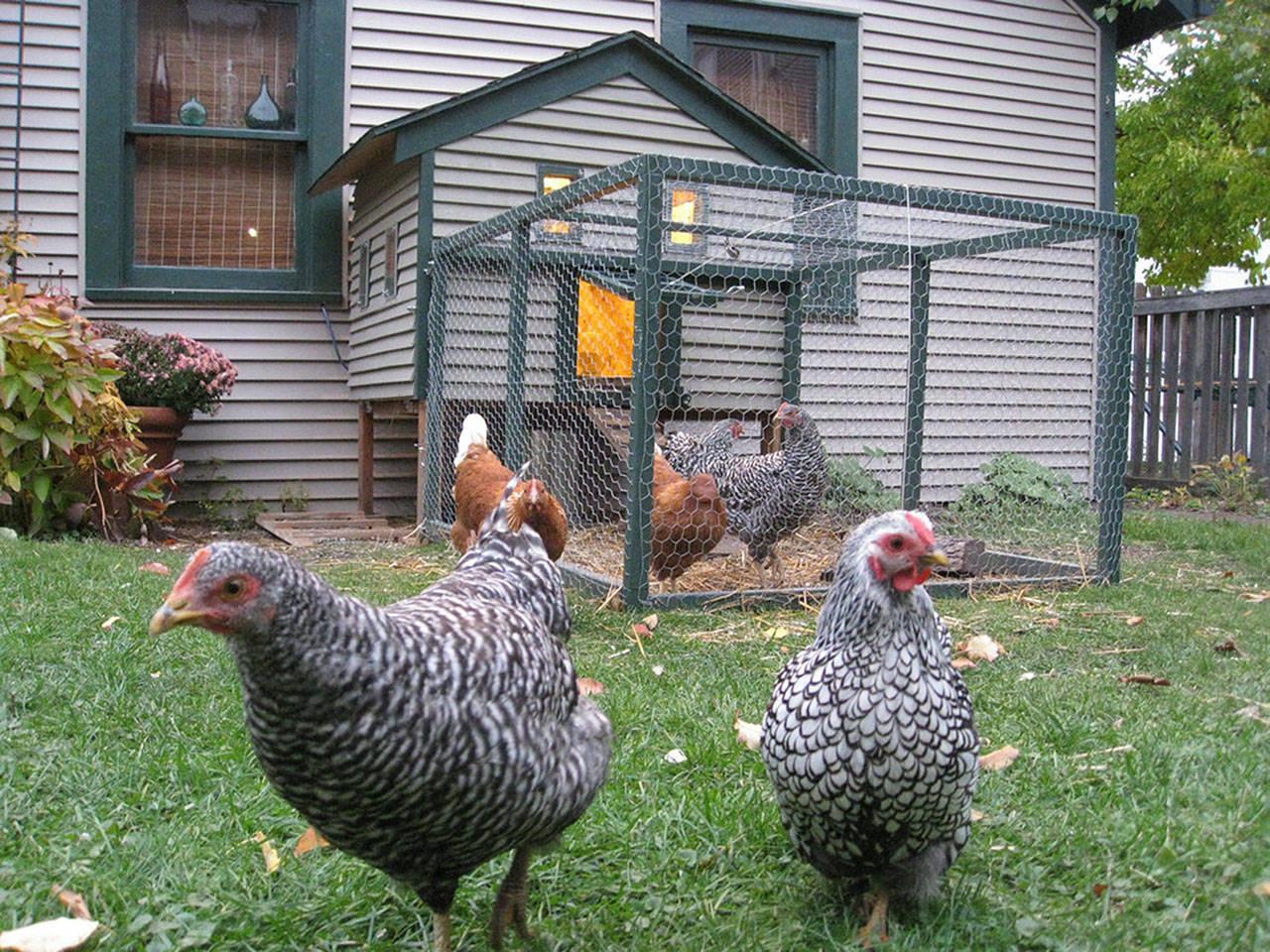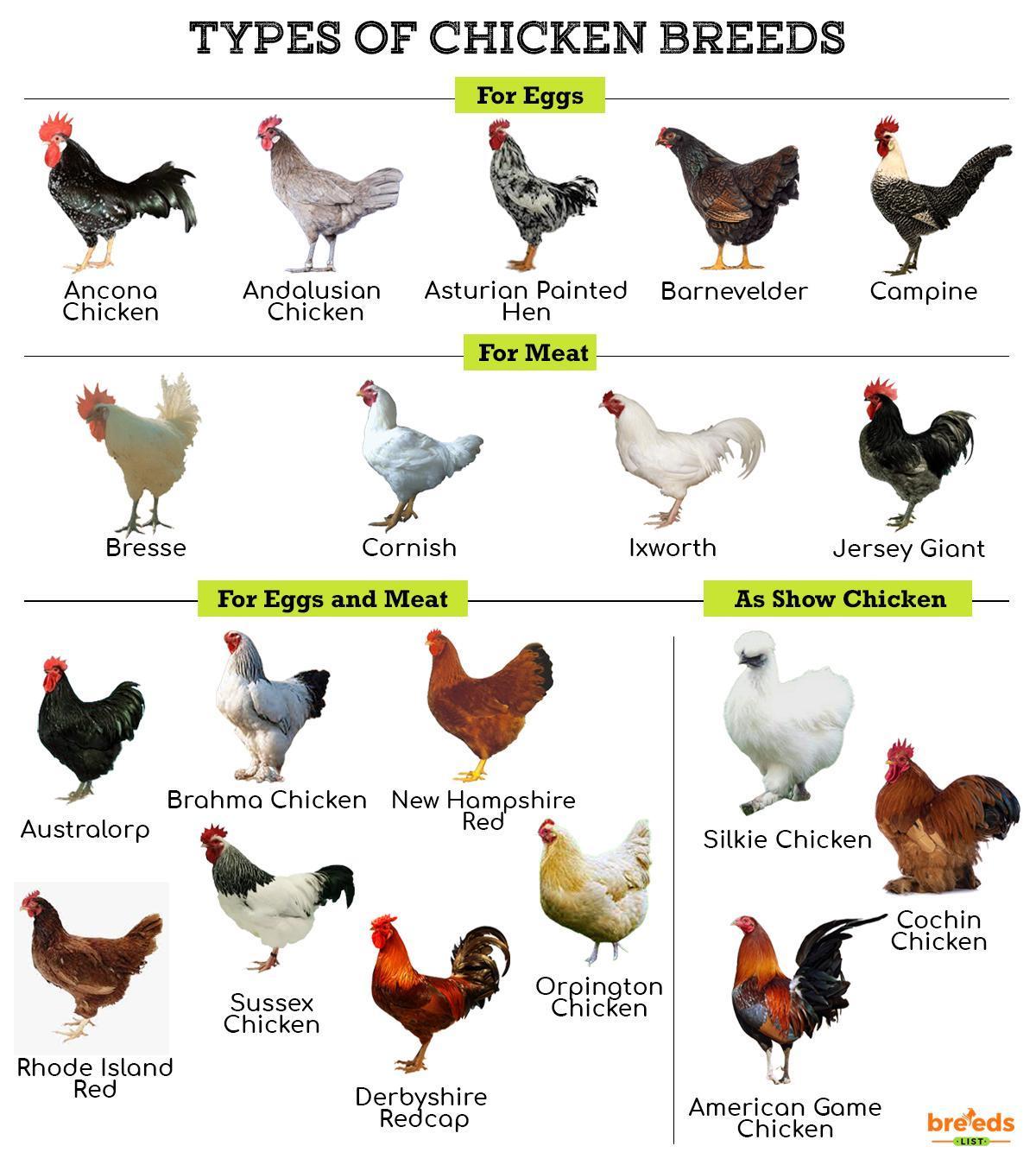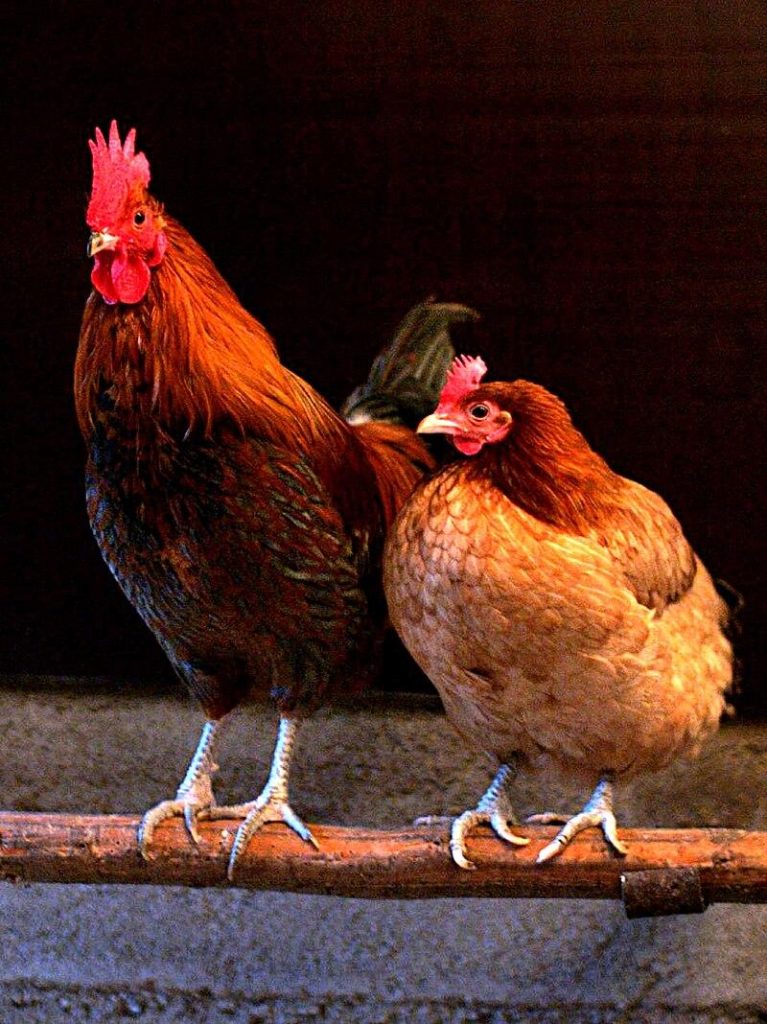In the quiet dawn light, as the world outside slowly stirs to life, a gentle clucking fills the air, heralding the arrival of a new day. This is not just an ordinary morning; it’s one filled with the simple joys of tending to a small flock of chickens in the backyard. Raising chickens has emerged as a beloved pastime for many, blending the charm of farm life with the comforts of home. For those who embark on this journey, it’s not merely about fresh eggs or pest control; it is the thrill of nurturing living creatures, the satisfaction of self-sustainability, and the unexpected connections with nature that come to define the experience. In this article, we will explore the joys and challenges of raising chickens in your backyard, uncovering the lessons learned and the delightful habits of these feathered companions along the way. Whether you’re a seasoned gardener looking for fresh additions to your homestead or a curious city dweller contemplating a new hobby, join us on this exploration of chicken-keeping and discover how these charming birds can transform your everyday life.
Table of Contents
- Understanding the Benefits of Backyard Chickens for Families and Gardens
- Choosing the Right Chicken Breeds for Your Space and Lifestyle
- Creating a Comfortable and Safe Coop Environment for Your Flock
- Nurturing Your Chickens: Daily Care, Feeding, and Health Tips
- Wrapping Up
Understanding the Benefits of Backyard Chickens for Families and Gardens

Raising chickens in your backyard offers a plethora of benefits that extend far beyond fresh eggs. Families who embark on this delightful journey often discover the joy of nurturing living creatures, leading to valuable lessons in responsibility for children and adults alike. Children learn empathy as they interact with the hens, understanding the importance of care and respect for all living beings. Moreover, chickens can be surprisingly playful and affectionate, providing endless entertainment and fostering family bonds through shared responsibilities, such as feeding and cleaning. As they observe these fascinating creatures, children may also develop a deeper appreciation for nature and where their food comes from.
Additionally, chickens can significantly enhance your garden’s productivity. These industrious birds thrive on a diet that includes kitchen scraps, thus reducing waste and providing you with a sustainable way to feed your flock. Furthermore, their natural behavior includes scratching the soil, which can help aerate the ground and control pests without the need for harsh chemicals. With regular coop maintenance, the droppings from backyard chickens can be transformed into a nutrient-rich fertilizer, boosting crop yields for home gardens. Consider the following benefits:
- Fresh, organic eggs: Enjoy the taste and quality of home-laid eggs.
- Pest control: Chickens naturally seek bugs and insects, reducing pest problems.
- Soil health: Chicken manure can enrich your garden soil when composted properly.
- Waste reduction: Chickens can eat table scraps, helping to minimize household waste.
Incorporating chickens into your family’s lifestyle not only promotes self-sufficiency but also encourages a more sustainable way of living, enriching both family and garden alike.
Choosing the Right Chicken Breeds for Your Space and Lifestyle

When it comes to selecting chicken breeds, it’s essential to consider both your space and lifestyle. If you’re in a small backyard or a suburban setting, you might want to opt for smaller, quieter breeds that don’t require as much roam or can adapt to limited space. Breeds like the Silkie, known for their fluffy feathers and friendly disposition, or the Buttercup, which is sociable and compact, can be great choices. They not only provide eggs but are also delightful companions, fitting seamlessly into a tighter environment while maintaining harmony with neighbors.
If you’re fortunate enough to have ample space and perhaps a more rural setting, you can explore a wider variety of breeds. Larger breeds such as the Rhode Island Red or the Orpington are excellent for producing a good quantity of eggs and can thrive with more room to roam. These breeds are hardy and often more resilient to different weather conditions, making them suitable for various climates. Additionally, consider your purpose for raising chickens—whether for eggs, meat, or companionship—as this will greatly influence your choice.
| Breed | Size | Egg Production | Temperament |
|---|---|---|---|
| Silkie | Small | 3-4 per week | Calm & Friendly |
| Rhode Island Red | Medium | 4-5 per week | Hardy & Friendly |
| Orpington | Large | 4-5 per week | Docile & Gentle |
| Buttercup | Small | 3-4 per week | Sociable & Active |
Creating a Comfortable and Safe Coop Environment for Your Flock
Creating a nurturing habitat for your chickens involves careful consideration of their needs. A well-constructed coop provides shelter from the elements and a sense of security. When designing your chicken coop, consider incorporating the following elements:
- Ventilation: Ensure proper airflow to keep the environment fresh and reduce moisture buildup.
- Insulation: Use insulating materials to maintain a stable temperature, keeping your flock comfortable in extreme weather.
- Space: Provide ample room for the chickens to move freely, reducing stress and promoting healthy behavior.
- Predator-proofing: Install strong locks and secure fencing to protect your flock from potential threats.
In addition to a sturdy structure, attention to cleanliness is vital for a thriving coop. Regular maintenance helps prevent disease and promotes well-being among your flock. Including these key practices in your routine can keep your coop in top shape:
| Maintenance Task | Frequency |
|---|---|
| Clean bedding | Weekly |
| Inspect for pests | Bi-weekly |
| Wash nesting boxes | Monthly |
| Check coop structure | Seasonally |
Nurturing Your Chickens: Daily Care, Feeding, and Health Tips
Caring for your chickens is more than just feeding them; it’s about building a routine that enriches their lives and keeps them healthy. Start each day by ensuring their coop is clean and dry. A tidy environment not only prevents diseases but also keeps your flock happy. Make it a habit to check their drinking water and replenish it daily, as hydration is key to their well-being. Don’t forget to treat your hens with fresh vegetables or kitchen scraps—they love variety in their diet!
In addition to regular feeding, watch for signs of common ailments. Look for behaviors like lethargy, poor appetite, or any unusual droppings. Early detection is crucial for preventing illness in your flock. Establish a health check routine where you observe each chicken closely. You can create a simple health log to keep track of their weight and overall condition. Here’s a helpful table to sort through important health indicators:
| Health Indicator | Normal Range | Action Required |
|---|---|---|
| Weight | 4.5 to 5.5 lbs | Monitor if fluctuating |
| Egg Production | 5-7 eggs/week | Investigate if low |
| Feather Condition | Smooth and shiny | Check for parasites |
Wrapping Up
As the sun sets behind the horizon, casting a warm, golden glow over your backyard, the gentle clucking of your chickens begins to fade into the soft evening air. It’s a soothing melody that punctuates the completion of another day in your new life as a backyard chicken keeper. What started as a simple curiosity has blossomed into a fulfilling experience that has enriched your home and transformed your perspective on sustainability, food, and nature.
In these past months, you have not only nurtured a flock but also cultivated a deeper connection to your food and the environment. From the rhythmic morning routines of feeding and caring to those moments of joy when discovering your first freshly laid egg, raising chickens has woven a beautiful narrative into the fabric of your daily life. Each chicken, with its unique personality, has become a beloved member of your household, creating an unexpected bond that brings warmth and companionship.
As you reflect on this journey, you realize that the joy of raising chickens extends far beyond the tangible rewards of fresh eggs or natural pest control. It’s about embracing a slower pace, savoring the small victories, and fostering an appreciation for the simplicity of life. Whether you are looking for a new hobby, a way to engage with nature, or an opportunity to teach your children about responsibility and the circle of life, your backyard flock offers all this and more.
as you close the door to the coop for the evening, take a moment to breathe in the tranquility of your surroundings. The path of poultry parenting is paved with lessons, laughter, and love, each day revealing new wonders and joys. So as you embark on your own adventure in backyard chicken raising, remember: it is not merely about the eggs or the chickens themselves; it is about rediscovering the simple pleasures that come from nurturing life, one feathered friend at a time.



